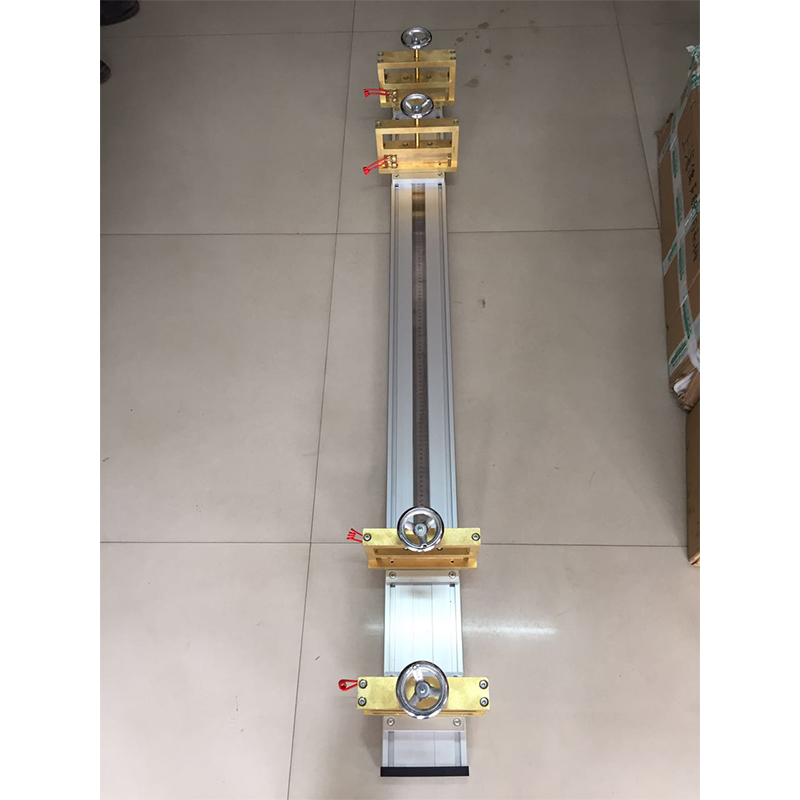custom conductor resistance constant temperature test
Custom Conductor Resistance Constant Temperature Test
Conductivity is a fundamental property of materials that impacts their performance in various applications, particularly in electrical engineering. The resistance of a conductor is influenced by several factors, including material type, temperature, and dimensions. This article focuses on the significance of a Custom Conductor Resistance Constant Temperature Test, which aims to evaluate and ensure the reliability of a conductor's performance under controlled temperature conditions.
The primary objective of a constant temperature test is to provide precise measurements of the electrical resistance of conductors, minimizing the impact of temperature fluctuations. Conductors such as copper, aluminum, and other alloys are widely used in circuits, transmission lines, and various electrical components. Any variation in their resistance due to temperature changes can lead to inefficiencies, overheating, or even failure in electrical systems. Therefore, maintaining stable conditions during testing is crucial.
To conduct a Custom Conductor Resistance Constant Temperature Test, a sample of the conductor is first selected based on the specific application requirements. The test environment is meticulously controlled to ensure that the temperature remains constant throughout the testing period. This is typically achieved using environmental chambers that can adjust and maintain the temperature at a predetermined level, usually at the standard temperature of 20°C or at the maximum operating temperature of the conductor material.
custom conductor resistance constant temperature test

Once the temperature is stabilized, the resistance of the conductor is measured using precise instruments such as ohmmeters or four-wire resistance measurement techniques. The four-wire method is particularly effective as it eliminates errors caused by lead and contact resistances, allowing for highly accurate readings. The results of the resistance measurement are then analyzed to assess the conductor's performance and suitability for its intended application.
One of the critical aspects of this testing is the comparison of results against established standards and specifications. These could be international standards such as ASTM (American Society for Testing and Materials) or IEC (International Electrotechnical Commission), which provide guidelines for how resistance measurements should be conducted. By comparing the test results to these benchmarks, engineers can determine if the conductor will operate efficiently over its expected lifespan.
Additionally, the Custom Conductor Resistance Constant Temperature Test can also aid in the identification of potential issues such as material defects, impurities, or improper manufacturing processes. By understanding how a conductor performs under consistent thermal conditions, manufacturers and engineers can make informed decisions about material selection, design modifications, and quality assurance practices.
In conclusion, the Custom Conductor Resistance Constant Temperature Test is an essential procedure in ensuring the efficiency and reliability of electrical conductors. By providing accurate resistance measurements under stable temperature conditions, this testing method plays a vital role in the development and maintenance of high-quality electrical systems.
-
Why the Conductor Resistance Constant Temperature Measurement Machine Redefines Precision
NewsJun.20,2025
-
Reliable Testing Starts Here: Why the High Insulation Resistance Measuring Instrument Is a Must-Have
NewsJun.20,2025
-
Flexible Cable Flexing Test Equipment: The Precision Standard for Cable Durability and Performance Testing
NewsJun.20,2025
-
Digital Measurement Projector: Precision Visualization for Modern Manufacturing
NewsJun.20,2025
-
Computer Control Electronic Tensile Tester: Precision and Power for the Modern Metal Industry
NewsJun.20,2025
-
Cable Spark Tester: Your Ultimate Insulation Assurance for Wire and Cable Testing
NewsJun.20,2025
 Copyright © 2025 Hebei Fangyuan Instrument & Equipment Co.,Ltd. All Rights Reserved. Sitemap | Privacy Policy
Copyright © 2025 Hebei Fangyuan Instrument & Equipment Co.,Ltd. All Rights Reserved. Sitemap | Privacy Policy
